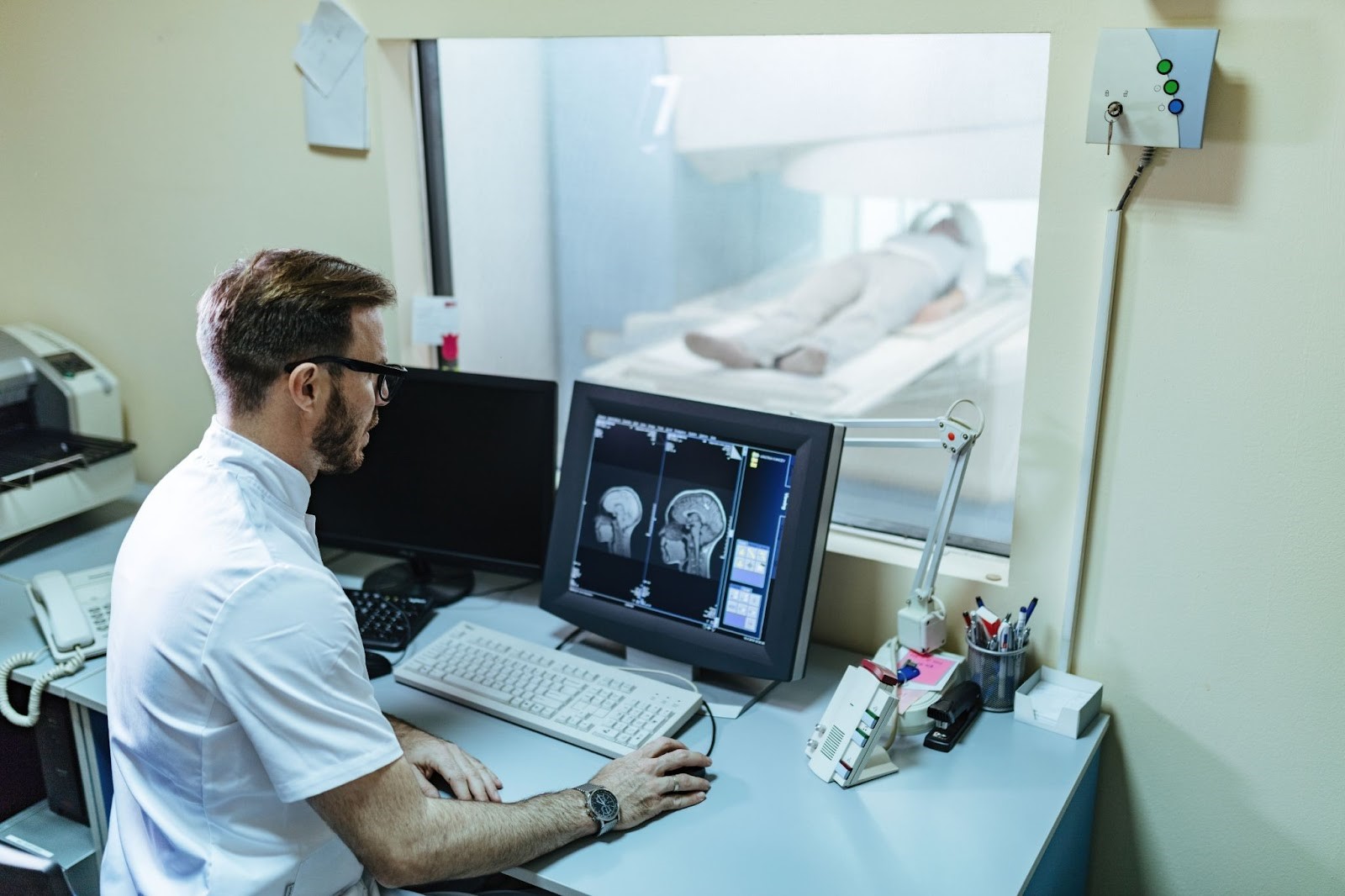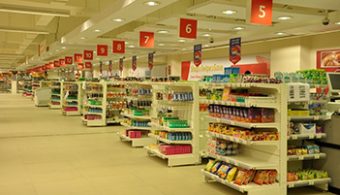Picture Source: Freepik.com
India’s pharmaceutical and medical technology sectors are making significant strides in Germany, with recent data highlighting a surge in the export of Magnetic Resonance Imaging (MRI) apparatus to the European giant.
According to a recent report by the Press Trust of India (PTI), citing data from the Ministry of Commerce, India has significantly expanded its market share in Germany’s Magnetic Resonance Imaging (MRI) apparatus sector. In 2023, India’s export share in the German MRI market rose to 1.7% from a modest 0.45% in 2022. This substantial growth is marked by an increase in the value of exported MRI machines, soaring from USD 2.93 million in 2022 to USD 13.02 million in 2023.
India’s emergence as the sixth-largest exporter of MRI apparatus highlights its growing influence in the global medical technology arena, where the United Kingdom currently leads with exports valued at USD 460 million. This rise in exports is aligned with India’s broader focus on expanding its footprint in the pharmaceutical and medical device manufacturing sectors, both of which are prioritized under the government’s Production-Linked Incentive (PLI) scheme.
India-Germany Pharmaceutical Market Dynamics
The pharmaceutical industry is a cornerstone of India’s “Make in India” initiative, which aims to bolster domestic manufacturing and attract foreign investment. Germany, with its advanced healthcare sector, represents a critical market for Indian exports.
In 2023, Germany imported pharmaceutical products from India worth USD 1.02 billion, according to the United Nations COMTRADE database on international trade. Germany’s healthcare sector is one of the most lucrative in Europe, with current healthcare expenditure reaching €474.1 billion in 2021.
This marked a 7.5% increase from the previous year, underscoring the growing demand for healthcare services and products. As the population ages and chronic diseases become more prevalent, the need for advanced medical technologies, including MRI apparatus, continues to rise. India’s growing population and expanding healthcare needs make it an attractive market for German pharmaceutical companies.
The bilateral trade relationship between India and Germany, already the strongest between India and any EU member state, is poised for further growth, particularly in the medical and health technology sectors.




